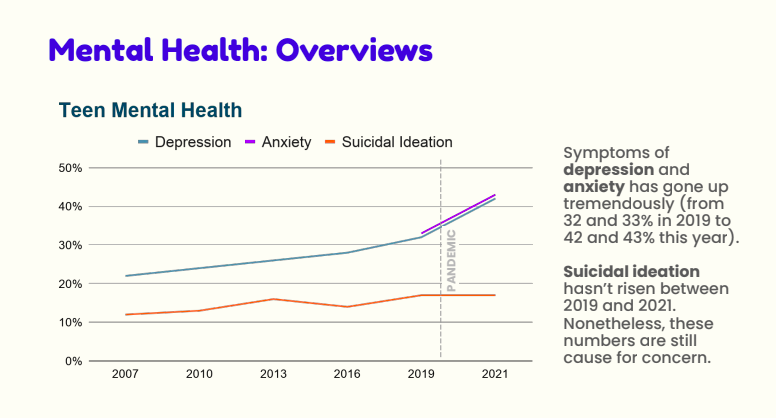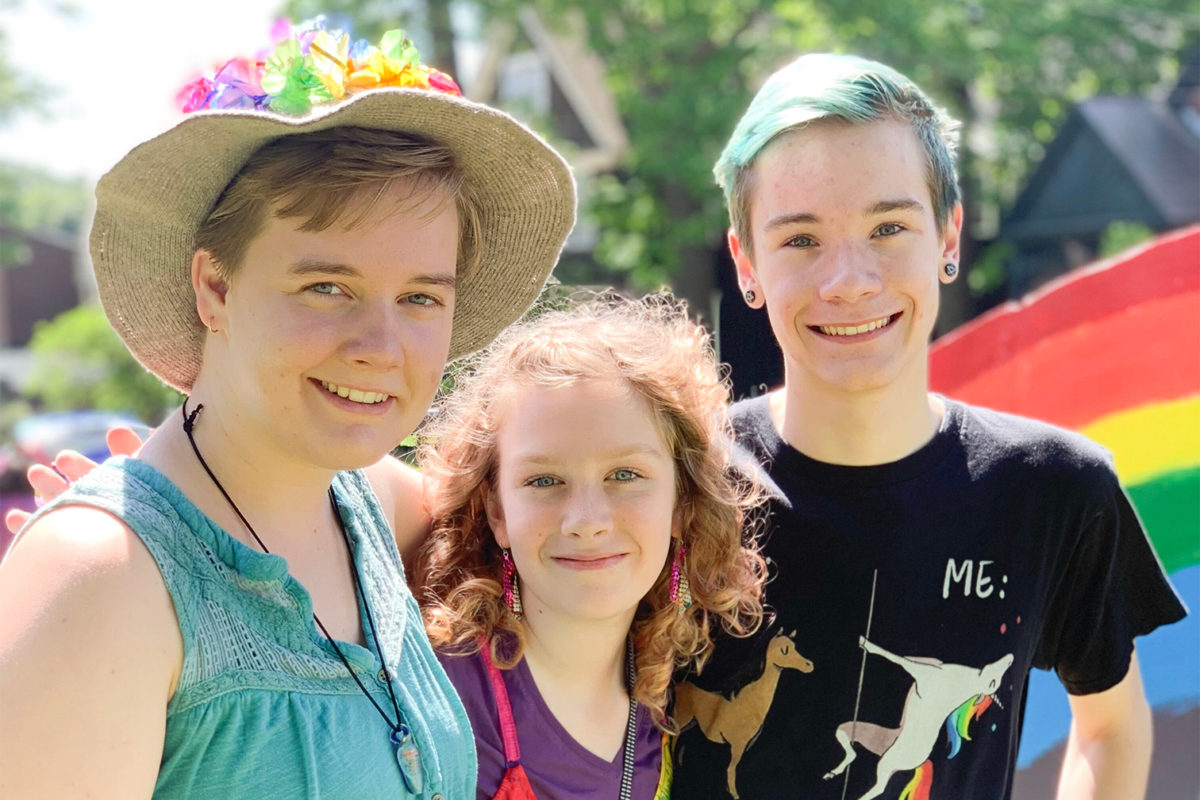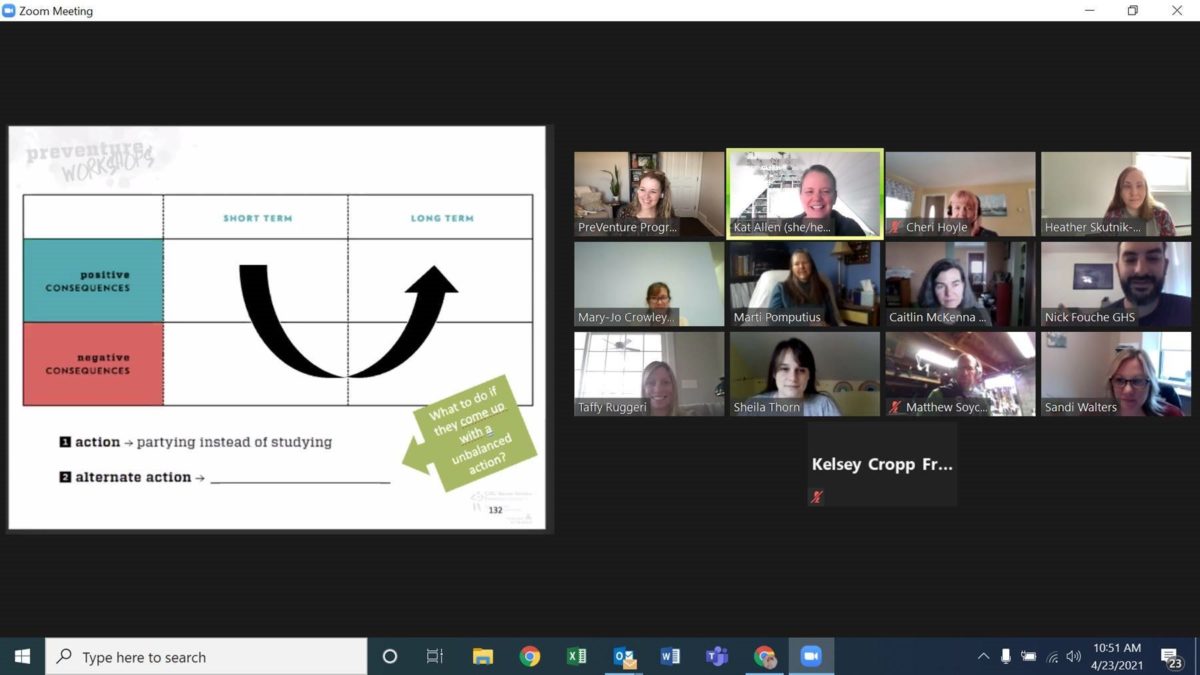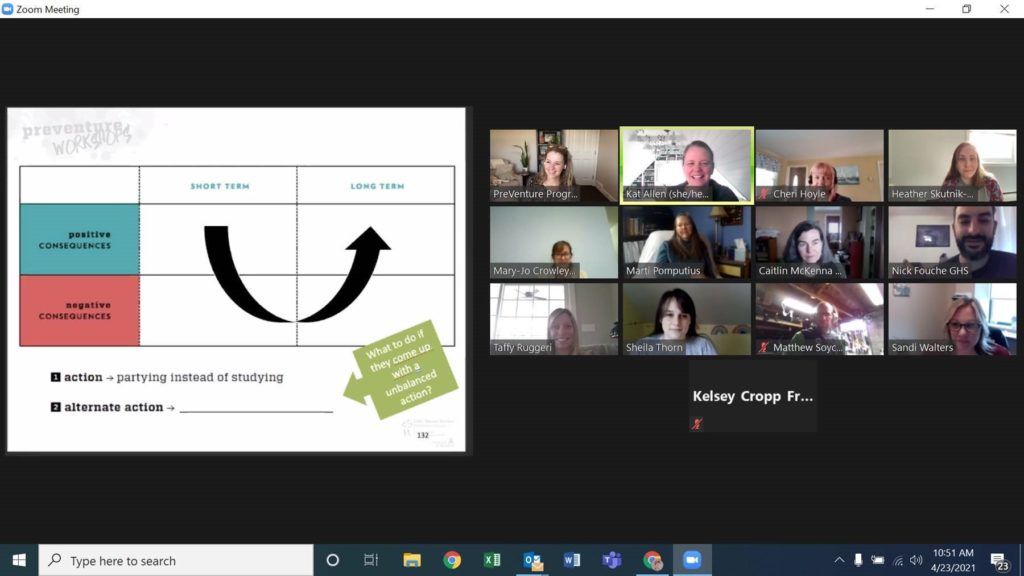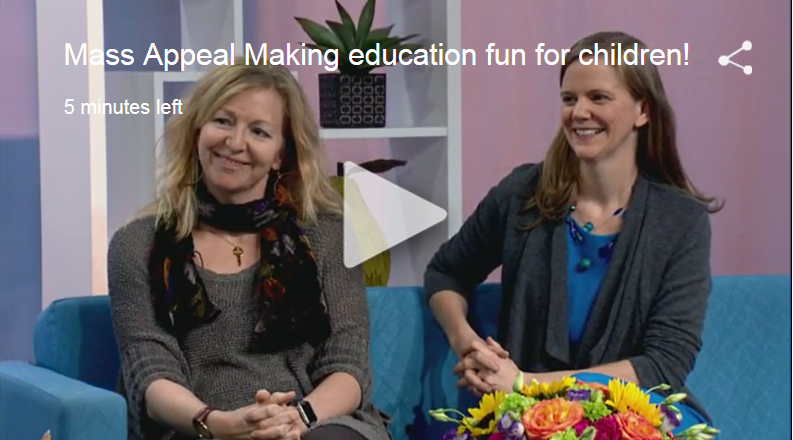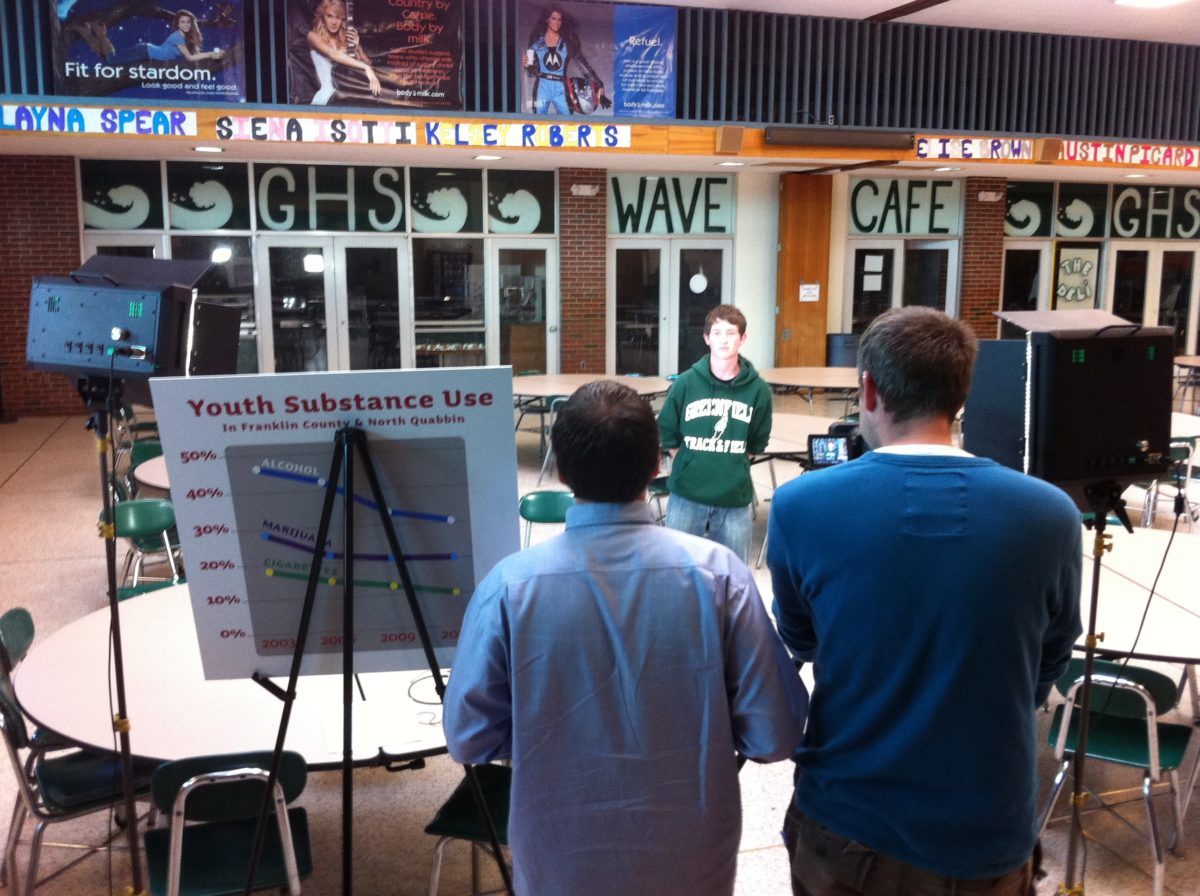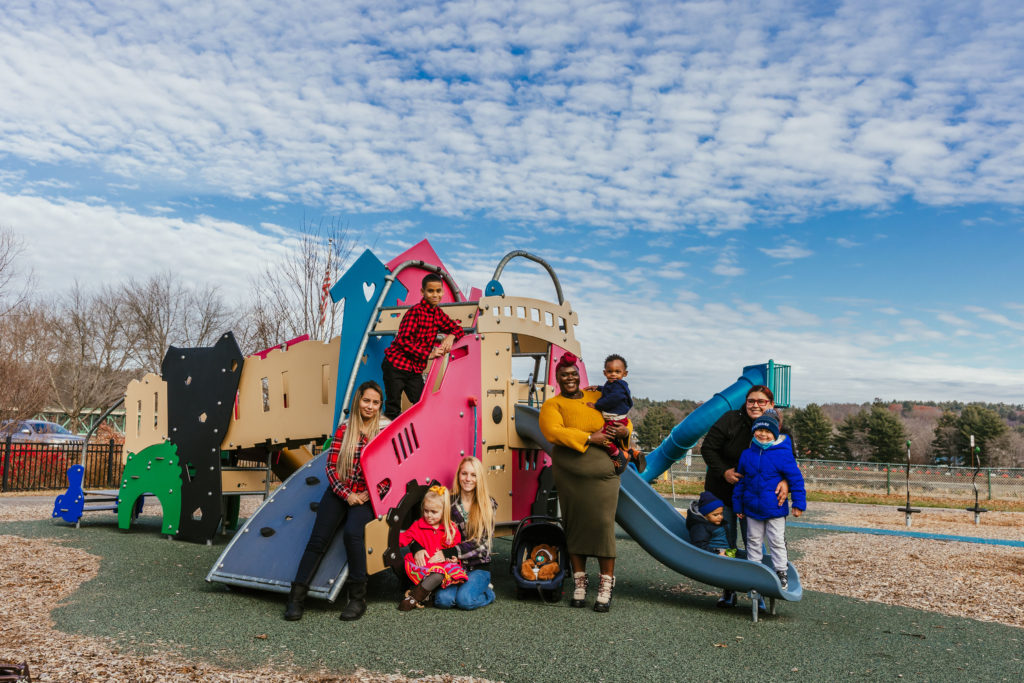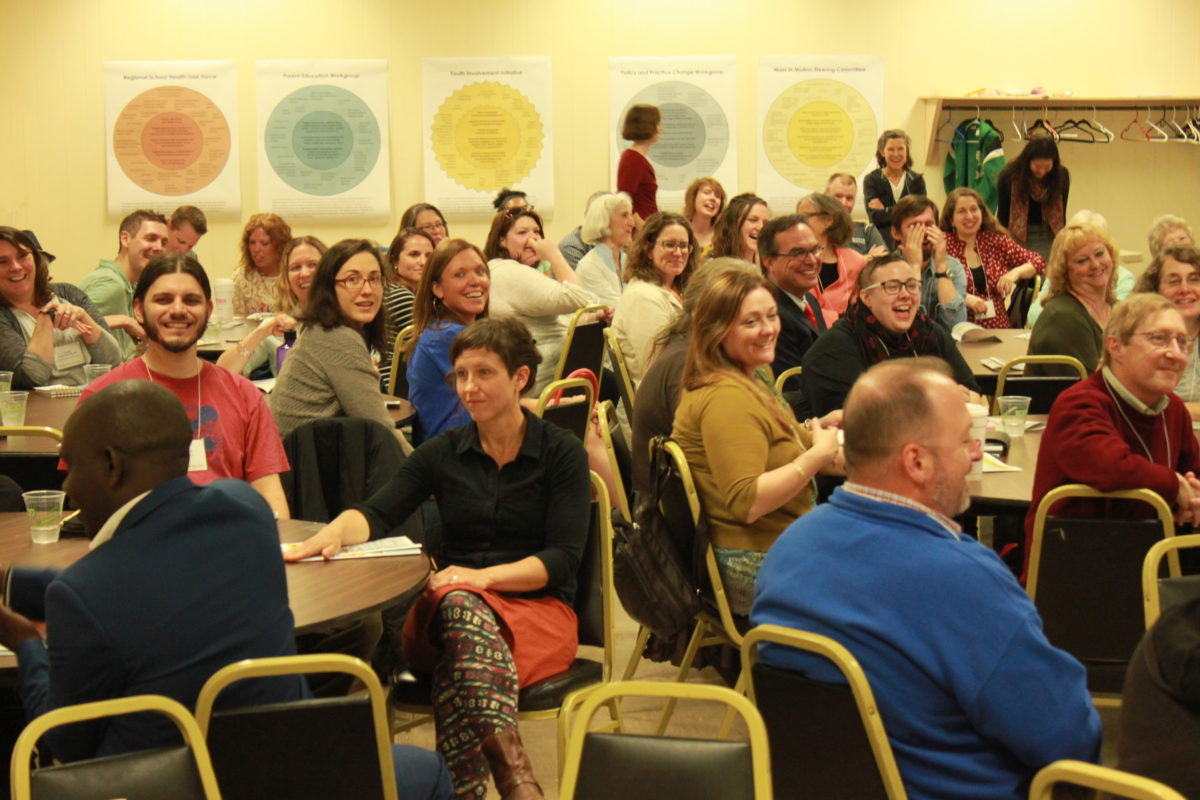New data shows the impacts of quarantine on local teen mental health
For nearly two decades, the Communities that Care Coalition has coordinated an annual survey of Franklin County and North Quabbin’s 8th, 10th, and 12th graders. Each year, The Coalition works with local schools to collect and provide valuable data on teen’s relationship with their school, their families, and substance use. With the tremendous changes of the past year, the 2021 survey was adapted to better reflect the questions raised about the impacts of COVID and quarantine on our youth.
The Coalition has just publicly released the first pass at the 2021 data, focused largely on mental health, the fastest growing problem identified in the survey.

Accelerated Release Plan
“Our data is always helpful, but this year’s data feels particularly actionable and time sensitive. We have school counselors with more and more students seeking help for mental health struggles. This data highlights the full scope of this crisis, confirming the toll COVID has taken on our youth,” said Sage Shea, who is one of the data analysts processing the results. “While results are anonymous, each school district receives a report on identified trends. In the past, we’ve sent survey results in the summer. This year, we’re releasing data in phases so the schools can act on it more quickly before students leave school for the summer.”
“The pandemic has amplified trends that we’ve been seeing for the past several years as young people have been spending more and more time online and alone and less and less time with peers,” said Kat Allen, the Coalition Coordinator. “This year of quarantine has taken that to an extreme.”
Student reports of symptoms of depression (measured by students answering that they were so sad or hopeless almost every day for two weeks or more in a row that they stopped doing some of their usual activities) have been on the rise over the last decade. Teen mental health was already alarmingly high in 2019 when 32% of students reported symptoms of depression. This number took an unprecedented jump to 42% of students in 2021. Similar increases were seen in reported symptoms of anxiety with rates jumping from 33% in 2019 to a previously unimaginable 43% in 2021.

Longitudinal data trends for teen mental health.
When asked what they feel most worried about, students’ top three concerns were (1) climate change, (2) social justice issues, and (3) their appearance. Fears of personally getting sick from COVID ranked lower than the majority of other concerns.
In addition to high rates of loneliness and isolation, the survey examined poor mental health contributors like inadequate sleep (nearly half of students are sleeping 6 or fewer hours per night). Other contributors included tremendous screen time (more than half of students reported spending four or more hours per day in addition to the hours they already spend on their screen for school and school work), and school stress (not surprisingly, the vast majority of students found school to be more stressful and less enjoyable than it was before COVID).
All groups appear to be struggling, but who’s hurting the most?
Girls and Trans Students
Girls reported higher levels of depressive symptoms than boys (51% compared to 28%). Similar disparities were seen in rates of anxiety (56% and 26% respectively). Transgender and gender nonconforming students (who make up 4% of those surveyed) had even more alarming rates of mental health symptoms with 77% reporting symptoms of depression and 75% reporting symptoms of anxiety.
Queer and Questioning Students
Queer and questioning students (27% of the total sample) reported double the rates of symptoms of depression and anxiety than their straight peers (66% of queer and questioning students reported depression and 68% reported anxiety, compared to 33% of straight students).
Students of Color
Rates of depression and anxiety were also slightly elevated for students of color and for students from families with lower socio-economic status compared to their white and higher SES peers. When comparing mental health outcomes for specific racial and ethnic groups, Native American students (1.3% of the total sample) and multi-racial students (6.6% of the total sample) had particularly elevated rates of symptoms of depression and anxiety compared to their peers (50% of Native American students and 47% of multi-racial students reported symptoms of depression compared to 42% of white students; 50% of Native American students and 55% of multi-racial students reported symptoms of anxiety compared to 43% of white students).
“We know that even relatively small differences in mental health challenges between groups in adolescence can become exacerbated over time due to the unequal access to resources in our society. We also know those with more intersecting marginalization can be even more vulnerable,” said Shea.
One piece of surprising and somewhat positive news is that the survey did NOT show any change in the percentage of students who reported seriously considered suicide in the last year. That number remained constant at 17%. There remains, nonetheless, significant disparities between different identity groups – girls’ rates of suicidal ideation is twice that of boys (20% compared to 10%), and transgender or gender nonconforming students’ face higher rates still (46%). Queer and questioning students have more than triple the rate of suicidal ideation than their straight peers (33% vs. 10%). Students of color and students from families with lower SES have higher rates of suicidal ideation than their white and higher SES peers (20% vs. 15% in both cases). Again, Native American students were at the highest risk of any racial or ethnic group, with 35% of Native American students reporting suicidal ideation (compared to 16% of white students). Multiracial students also were at elevated risk (22%).
“The data really show how much our students are struggling, and how much we need to increase the mental health supports we have in place for students as we continue to transition to a new normal,” says Allen. “It is more important than ever to support our community counseling programs, to teach social and emotional skills to students of all ages, to help students build connections to their schools, their communities, and their families, and to work to dismantle the system of white supremacy which is at the root of these disparities.”
Press Features
Teen survey: Substance use down, mental health concerns continue, The Greenfield Reminder, Zack DeLuca, May 16, 2021
*Note, the press feature is different than the press release, pulling in more stats that directly mirror the flow of conversation from the Coalition meeting.

